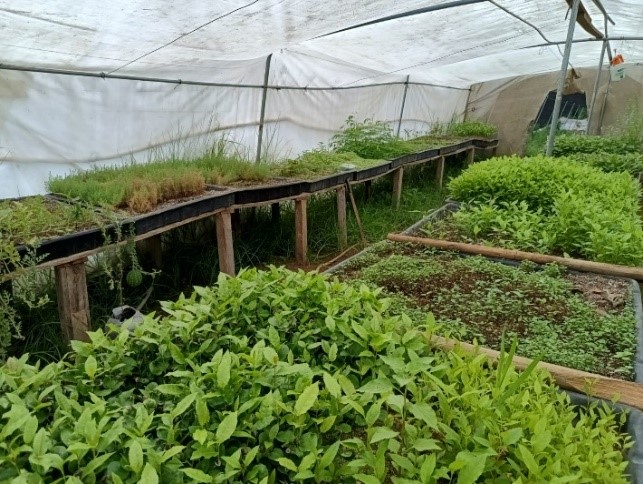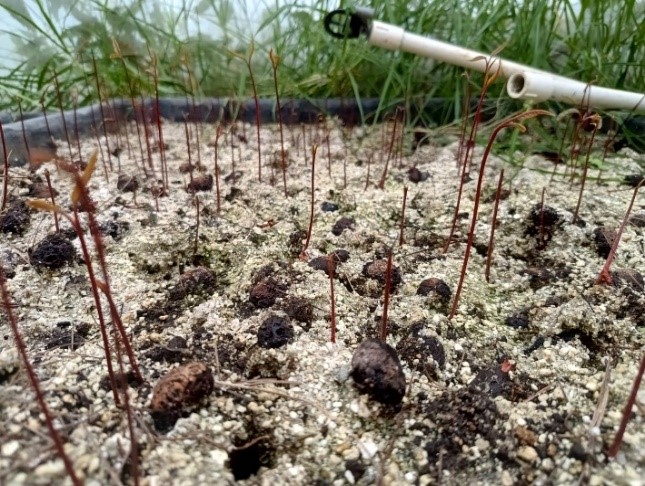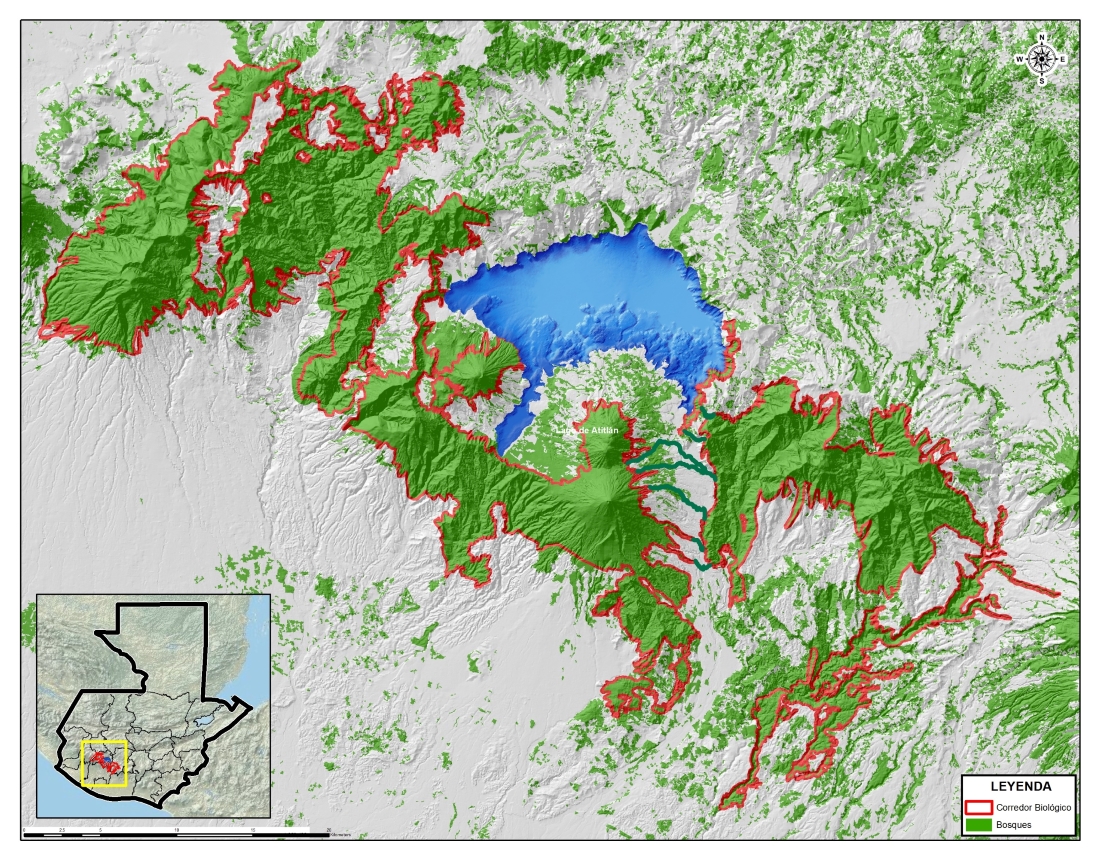Working in the forests towards sustainability

Guatemala, General location. Credit - Asociación Vivamos Mejor.
Working in the highland forests to build sustainability for Mayan communities
The Zunil – Atitlán – Balam Juyú biocultural and sustainable development corridor is a continuous strip of forest that extends along the Guatemalan volcanic chain, including broadleaf, dry thorny, pine-oak, and cloud forests. These forests are important for the ecosystem services they provide to the population and for their biodiversity, as they are home to more than 150 endemic and endangered species, including birds such as: horned guan (Oreophasis derbianus), azure-rumped tanager (Poecilostreptus cabanisi), and the resplendent quetzal (Pharomachrus mocinno), as well as endemic salamanders of the genus Oedipina sp, mammals such as the margay (Leopardus wiedii) and the spider monkey (Ateles geoffroyi). The corridor is also the ancestral home of several Mayan communities (Tz'utujil, Kaqchikel, and K'iche') who base their livelihoods on the goods and services provided by the forest.
Despite its ecological, social, and cultural importance, the population living in this region of the country is highly affected by poverty and food insecurity. In addition, the corridor's forests are being lost at an alarming rate (more than 300 hectares affected in the last five years). Among the main threats to the corridor's ecosystems are forest fires, exacerbated by prolonged dry seasons due to climate change.

The Government of the United Kingdom, through the Darwin Initiative, and with the support of The Nature Conservancy (TNC) Guatemala, seeks to improve integrated landscape management to reduce poverty and social inequality in rural Indigenous communities through a project for the conservation and sustainable use of biodiversity. This project has just begun and is being implemented by Asociación Vivamos Mejor, located in Sololá and focused since 1989 on developing social, economic, and environmental programs to improve the quality of life of human beings and the surrounding natural environment. Over the next few years, the project will develop actions to improve governance and sustainable management of the corridor, reduce the occurrence of forest fires and their impacts, restore biological connectivity, and improve the family economy and sustainable livelihoods of 300 families, 50 coffee growers, and 40 beekeepers. The project will work hand in hand with the regional delegations of government institutions, municipalities, non-governmental organisations, and Indigenous communities.
Actions to strengthen the governance and management of protected areas, as well as forest fire prevention, will contribute to conserving forest cover and maintaining the provision of fundamental services linked to sustainable food production, including: conservation of water sources, regulation of the hydrological cycle, natural disaster mitigation, regulation of soil erosion and fertility, pollination, and regulation of pests and diseases, among others.

Seedlings growing in the tree nursery before planting in the definite site. Credit - Asociación Vivamos Mejor.
The restoration actions of the project will seek to restore 75 hectares with a greater diversity of native forest species than those commonly used in the country, focusing on critical areas for biological connectivity and water recharge. We are currently collecting seeds from local seed sources and preparing the production of plants of native species and other species important for the provision of other ecosystem goods and services. Native tree species being produced include yellow mombin (Spondias mombin) and white sapote (Casimiroa edulis), which provide edible fruits.
In addition, the project's actions to improve the economy of the Indigenous families living in the corridor will seek to increase income generation in coffee and honey production systems. Improvements in productivity will be promoted through the renovation of coffee plantations along with the implementation of good agricultural practices that ensure environmentally responsible coffee production. Honey producers will also be equipped and trained to increase their productivity and thus increase their income.

At the household level, the project seeks savings in the family economy and collateral benefits from the implementation of improved wood-saving stoves adapted to the socio-cultural and climatic context of the region. Most households in rural Guatemala use firewood as an energy source and do not have sufficient income to replace it with other clean energy sources. The project is currently deploying more than 200 improved fuelwood-saving stoves in communities near the core zone of the corridor to reduce household fuelwood consumption, reduce family time spent collecting firewood, reduce negative impacts on ecosystems and family health, and generate household savings.
For the Nature Conservancy and Asociación Vivamos Mejor, this project, carried out thanks to the Darwin Initiative, is an important step forward for the conservation and sustainable use of the Mesoamerican Forest. The project contributes to the consolidation of a systemic change in which people recognise the importance of conservation to receive the common benefits that nature provides and that improve the quality of life of the communities and their food sustainability.
Written by The Nature Conservancy (TNC), Guatemala. For more information on this Darwin Initiative Main project 30-006, led by TNC, please click here.

 Back
Back